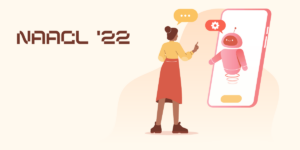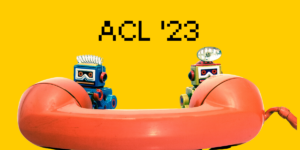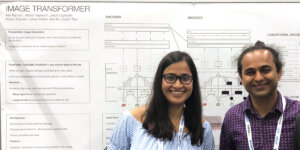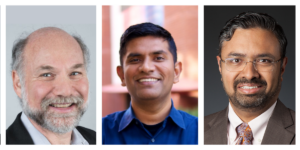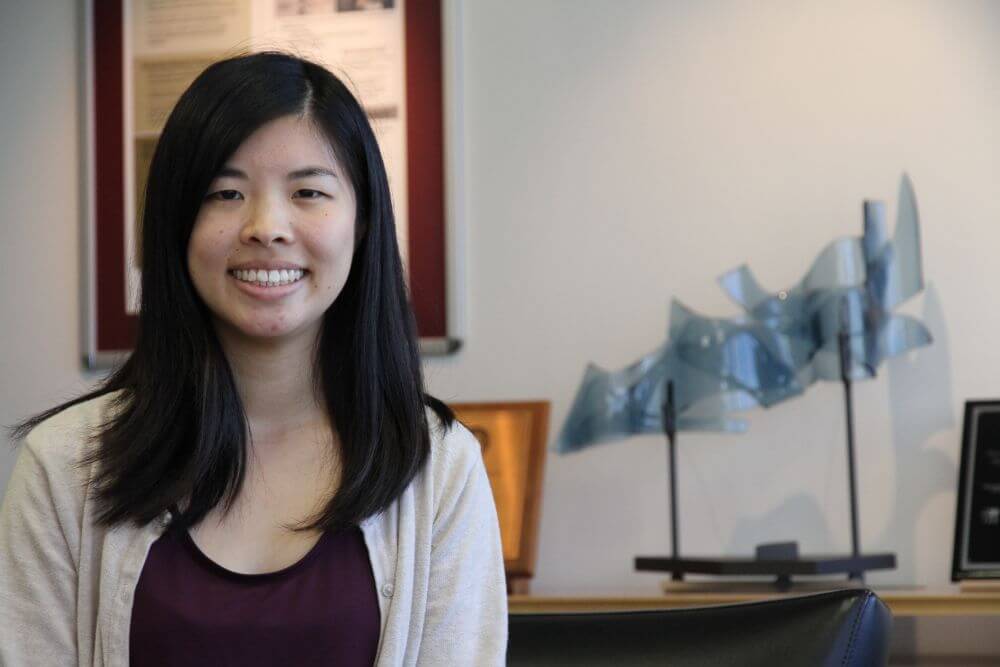
PhD candidate Emily Sheng came to USC after completing her undergraduate in cognitive science and computer science at the University of California, Berkeley.
Meet PhD candidate Emily Sheng, who is researching how natural language processing could revolutionize how knowledge is accessed in scientific literature.
Where are you from and what were you doing before your enrolled in your PhD?
I’m originally from northern California and completed my undergraduate in cognitive science and computer science at the University of California, Berkeley. Initially, I was studying biology, but I decided to switch to cognitive science because I was particularly interested in the brain and language. After graduation, I worked for a startup in voice search technology for a year, before deciding to go back to research.
How did you find out about the program and why did you choose ISI?
I knew I wanted to pursue research in natural language processing and was looking for a potential advisor in that area when I found professor Prem Natarajan on the ISI website. When I met with him, he seemed very invested in growing this area of research at ISI. I also talked to some people he had previously worked with, which was encouraging. I applied through the Viterbi School of Engineering PhD application process and selected professor Natarajan as my advisor.
As an off-campus institute, I felt ISI would offer a different kind of PhD experience—it seemed like there would be space to grow and work alongside not only my peers, but also postdoc researchers and other experienced staff in my lab.
What’s the best thing about being a PhD student at ISI?
You have the freedom to explore whatever research area really interests you. You can also choose whether you want to make your experience more hands-on or theoretical. Most of the people in my lab are conducting hands-on application-based research, working on a range of topics, including computer vision, recommendation systems, and natural language processing. Even just within professor Natarajan’s research group, people are working on many diverse research topics, so you get exposure to people from a large variety of backgrounds.
What is your area of emphasis and how do you intend to apply this in your future career?
Very broadly, I work on research problems in natural language processing; more specifically, tasks related to organizing knowledge in scientific literature to better facilitate access to that knowledge. For example, I work on different types of information extraction problems, including named entity recognition. After I finish my PhD, I’m interested in working in industry. I’ve already worked at a startup, so I’d like to gain experience at a large company during my PhD internship this summer.
What advice would you give to other students embarking on PhD research at ISI?
Don’t be afraid to ask for guidance. I can always go to people when I have questions, even if they’re in one of the other ISI research offices—people are always willing to help or take the time to walk you through a concept.
Published on November 22nd, 2017
Last updated on May 20th, 2021





